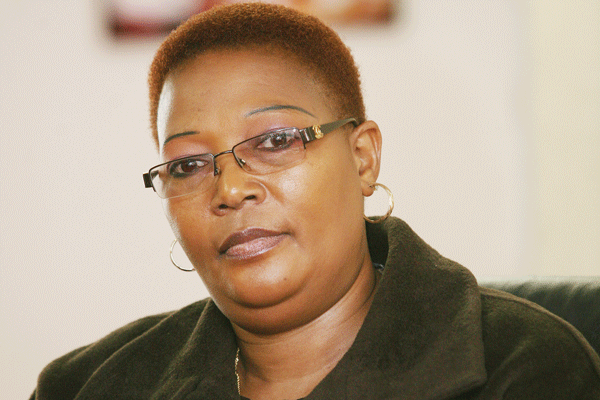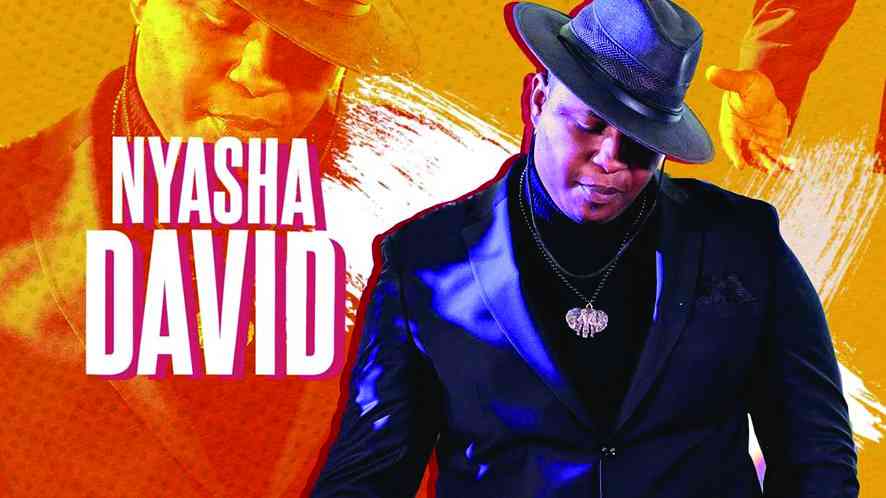
A LOCAL women lobby group has expressed concern over political parties’ failure to meet the 50-50 gender parity in the selection of candidates for this month’s general elections as provided for under sections 17, 56 and 80 of the national Constitution.
BY VENERANDA LANGA
A report by the Women in Politics Support Unit (WiPSU) on the gender analysis of nomination court results showed that 12 parties failed to field even one female for local government or National Assembly seats.
“The 2018 election cycle has been quite notable as it is the first time that Zimbabwe has had women on the Presidential ballot,” the WiPSU report said.
“A total of 23 presidential candidates are in the presidential race and four of these are women; Thokozani Khupe (MDC-T), Joice Mujuru (People’s Rainbow Coalition), Melbah Dzapasi (#1980 Freedom Movement Zimbabwe), and Violet Mariyacha (United Democratic Movement (UDM).”
The report also showed that the female presidential candidates also fielded fewer women than men as contestants.
For instance, Khupe’s MDC-T fielded 112 candidates for National Assembly of which 22 only were women and 49 were men (18, 3%); while Mujuru fielded 158 candidates for National Assembly and only 27 were women (17,1%) and Dzapasi had a total of 10 National Assembly candidates of which only one is a woman (10%), and Mariyacha fielded 11 candidates with only one woman candidates (9,1%).
WiPSU said the number of female candidates competing for local authority elections has increased. In 2013 only 899 females competed, but in 2018 the figure of female candidates for Local Authority elections rose to 1176.
- Chamisa under fire over US$120K donation
- Mavhunga puts DeMbare into Chibuku quarterfinals
- Pension funds bet on Cabora Bassa oilfields
- Councils defy govt fire tender directive
Keep Reading
Harare was said to have the highest number of women running as independent candidates at local authority level, and Bulawayo has the lowest number of independent candidates eyeing council seats.
The WiPSU report also said that out of the 210 National Assembly seats, 84 constituencies will be contested by men only. A total of 1405 males will compete for National Assembly seats, compared to only 243 females.







